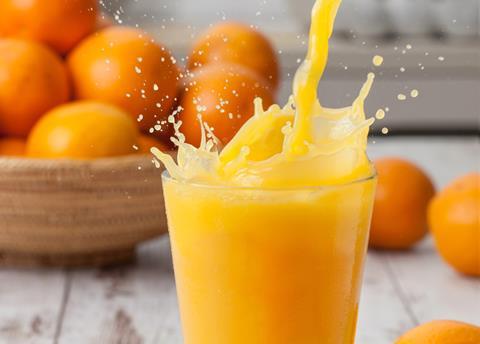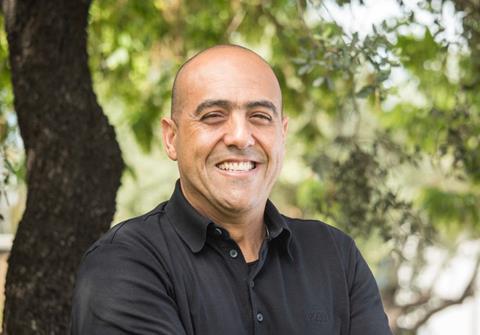With issues in the Red Sea disrupting Egyptian exports to Asia, analysts had been predicting a glut of oranges on the European market, but the opening of new juicing facilities in Egypt could significantly ease the pressure

Egypt is traditionally known for its fresh orange exports, but its growth in the juicing sector, driven by growing demand and a shift in production trends, has the potential to impact the European market in terms of pricing, supply and demand.
Omar Elnaggar, a stalwart of the Egyptian fresh produce industry, has recently taken on a leadership role at Sahara for Fruit Processing, a new startup orange juice producer that will begin operations in January 2025.
The company is set to operate a large-scale juicing facility capable of processing 150,000 tonnes of oranges annually to produce 14,000 tonnes of orange juice concentrate.
This shift is part of a broader trend in Egypt, according to Elnaggar, with a handful of new juicing factories currently under development, and existing ones ramping up production.
“By the beginning of March 2025, Egypt will have double the number of factories it had in 2024,” said Elnaggar. “And others will of course imitate this business model. So this will have an effect on supply and demand of oranges and prices. The quality of juicing oranges is different from fresh, but they represent 25 per cent of the production of an average field in Egypt. The prices are also quite tempting, and some of these juicing factories are going to be increasing their prices and buying better quality to gain a bigger market share.”
While Egypt’s citrus industry has historically focused on fresh fruit exports, including to major markets in Europe, the country is now positioning itself as an alternative to Brazil, the global leader in orange juice production.
Impact on the European Market
Egypt’s rising prominence in the juice market could create ripple effects in Europe, according to Elnaggar, particularly in terms of pricing and market share. With Brazil facing challenges from the spread of the HLB (Huanglongbing) virus, which has been decimating its citrus orchards and affecting juice yields, buyers have started seeking alternatives. As a result, Egypt is seeing an increase in demand for its juice concentrate.

Omar Elnaggar
Elnaggar pointed out that Brazil’s annual production of 18mn tonnes of oranges is being heavily impacted by the virus, making the market more volatile. This has opened up opportunities for other citrus-producing countries like Egypt to fill the gap in the global juicing market.
Whereas Brazil produces oranges year-round, Egypt’s seasonal production runs from November to April, so Egypt is increasingly becoming a “plan B” for many European buyers, says Elnaggar.
Elnaggar also pointed out that the gap between the price of juicing oranges and fresh fruit is shrinking. “While juicing oranges were once significantly cheaper, this price difference is narrowing as demand for juice rises,” he said. “This shift could make it more economically viable for Egyptian producers to sell their lower-grade fruit to juicing factories rather than relying solely on the fresh fruit market.”



